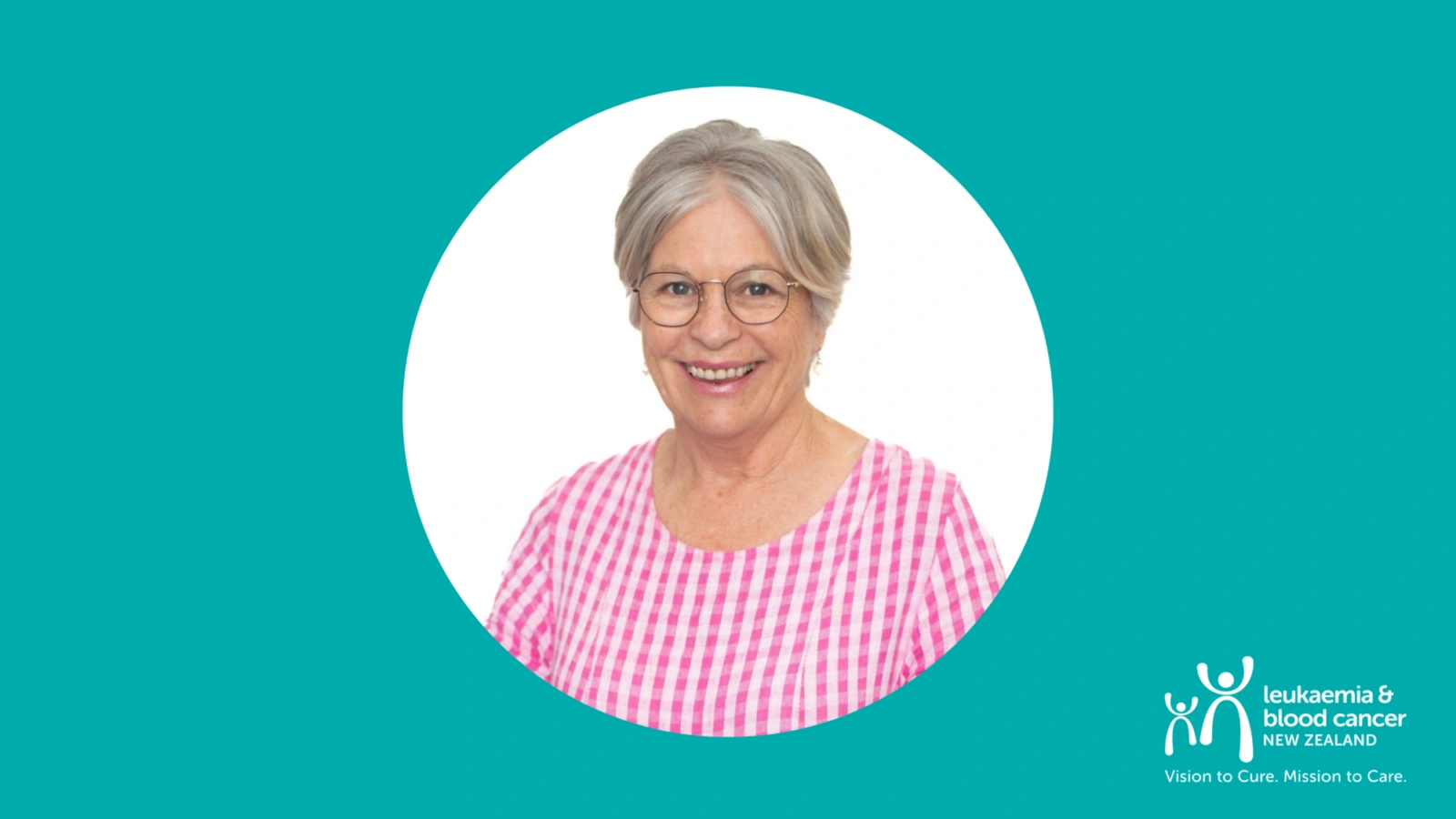Annette Cody works as a Support Services Coordinator in the Northern region. She is both a registered nurse and a counsellor, and holds a Masters of Health Science focusing on the psychological and spiritual impact of disease. Here she reflects on the process of healing after treatment ends and gives some advice on how you can support yourself through this time.
Your feelings are normal
After successfully completing treatment, we usually expect to feel better. There may be an expectation that we feel grateful. Yet some people feel depressed, anxious, lost and emotionally worse than before the diagnosis. Medical interventions can only take us so far on the road to recovery and wellbeing. We also need psychological support to process and adjust to changes.
Accept your emotions
It is important to allow our feelings. Sometimes we benefit from naming the emotion, for example anger, and acknowledge that other people in our situation might also feel angry. If we can accept the feeling, without acting it out, there may be a softening, a releasing of that feeling.
You’re not alone
LBC offers a range of support groups and closed Facebook groups where you can connect with others. For more details on these and our other resources, refer to our website or contact your local coordinator.
Watch your thoughts
Notice if you have intrusive or disturbing thoughts that repeat. An example is ‘the cancer will come back’. When thoughts create an emotional charge like fear, we tend to believe them. We need to be aware of these thoughts, challenge them, and counteract them. They are just thoughts.
Mourn and acknowledge your losses
We don’t have a choice about feeling symptoms of grief, but we do have a choice about how we acknowledge and process our grief. Losses may include the financial cost, the loss of trust in our body, the impact on our vitality. Remember that the symptoms of grief can manifest in a variety of ways, in our bodies, thoughts and feelings. So, it is important to be kind to yourself. Cancer is an uninvited and sometimes overwhelming intrusion on our wellbeing. It can take courage to acknowledge the impacts and find new ways to engage in life.

